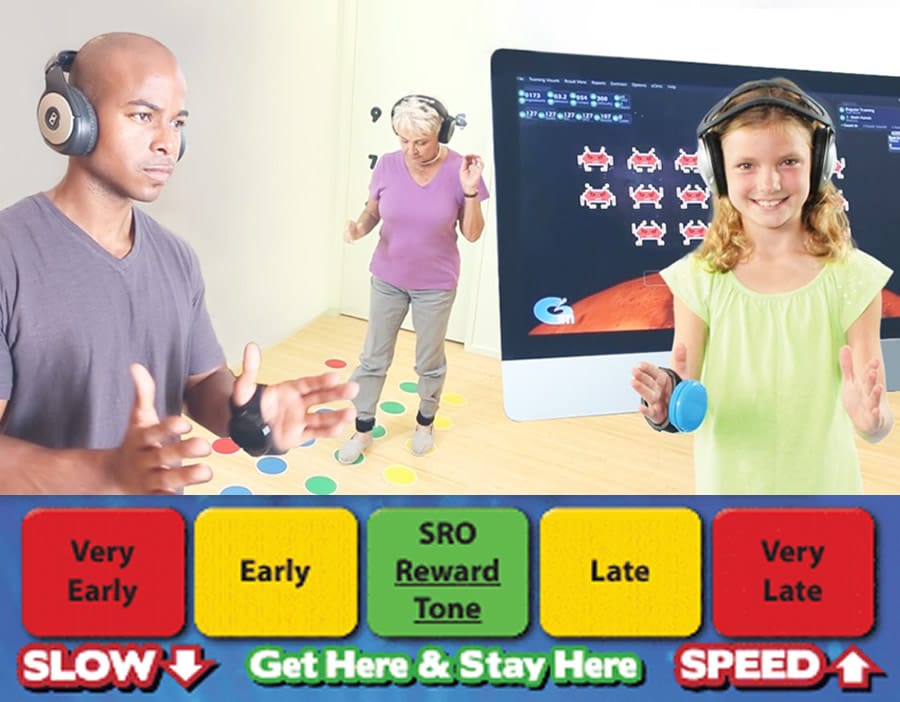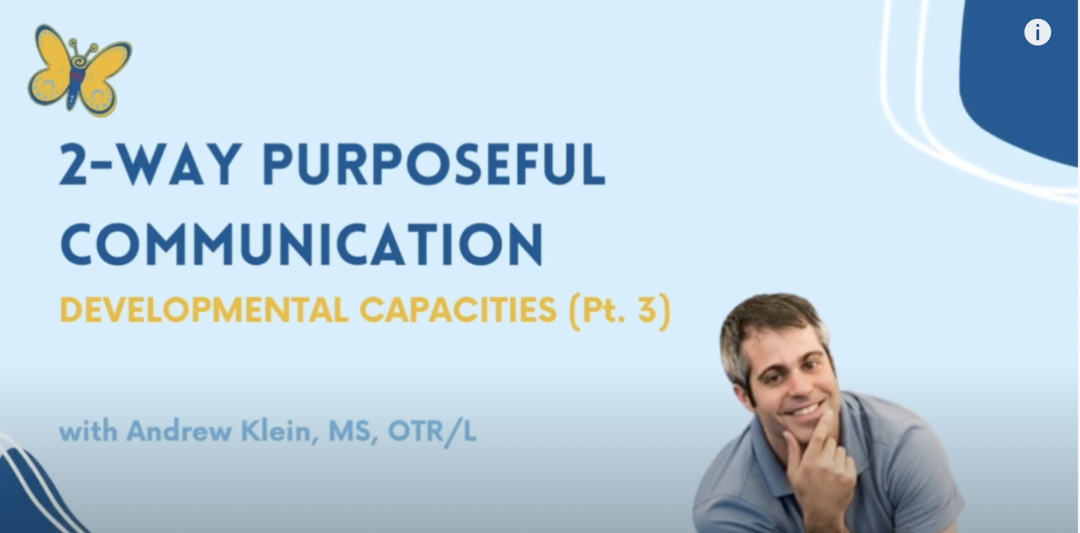Interactive Metronome ®
Provided as a stand-alone service or addition to occupational therapy
Interactive Metronome is an evidence-based program that combines a musical metronome with a computer-based software program and is guided and individualized for each client by a therapist. By strengthening the neural timing network within the brain, and using real-time feedback, clients are able to achieve noticeable improvements fast in the following areas (not an exhaustive list):
- Cognition speed
- Attention
- Working Memory
- Executive Functioning
- Fine and Gross Motor Coordination

Interactive Metronome® is provided in the clinical setting. At the moment sessions are primarily offered in the Durham location. An initial evaluation, lasting roughly an hour, helps the therapist establish baseline data. This data is used to determine a starting point and establish goals in therapy and helps to show measurable changes over the sessions. Therapy sessions range from 30 to 45 minutes in length and are determined by the therapist with client and family input.
During sessions, clients activate sensors or switches, following a musical metronome, while completing various tasks. The types of switches, how they are activated, and the tasks may vary depending on the client’s goals and targets. The sensors provide real-time feedback to the client to support their timing and tempo in activating switches along with the metronome’s beat.
Improving neural timing and synchronization with Interactive Metronome® can help have a positive impact on the following:
- Attention and focus
- Working Memory cognitive processing speed
- Speech-language skills such as reading fluency
- Behavioral skills such as aggression and hyperactivity
- Sensory processing skills
- Motor planning
- Fine motor skills such as handwriting
- Academic performance
- and Athletic performance
Clients who have participated in Interactive Metronome® intensives reported:
- Noticeable improvements after as few as 3 hours of treatment (an evaluation session and four 30-minute therapy sessions)
Athletic Enhancement and Real Client Success
Check out this article from Interactive Metronome® about Athletic Enhancement. At Emerge, we have had the joy of seeing our student-athlete clients make real, noticeable improvements in their coordination and response time (per parent and coach reports). Competitive sports can do many things for children. They can teach teamwork and dedication. They can help build lifelong friendships. And, they can be a gateway to competitive scholarships and entry into higher education.
Interactive Metronome is a simple and effective way to support athletic skill development. Check out these charts demonstrating one adolescent client’s progress made after 3 hours of cumulative therapy. This client was looking to improve his reaction time and hand-eye coordination during basketball games. Therapy sessions used cognitive tasks (such as reading color words out loud, where the font was a different color to the word, i.e. green) while bouncing a basketball on a floor sensor in time with a musical metronome.
The blue column (Task Average) is the millisecond average away the client was from the exact beat each time. The red column (SRO) shows the exact hits on the beat the client had. These charts highlight that the client’s accuracy increased over time while his timing decreased (both positive results!)
While this client used a basketball and dribbling during his therapy sessions, tasks and materials used are tailored to the individual client and relate to the sport or skill they desire to improve.



